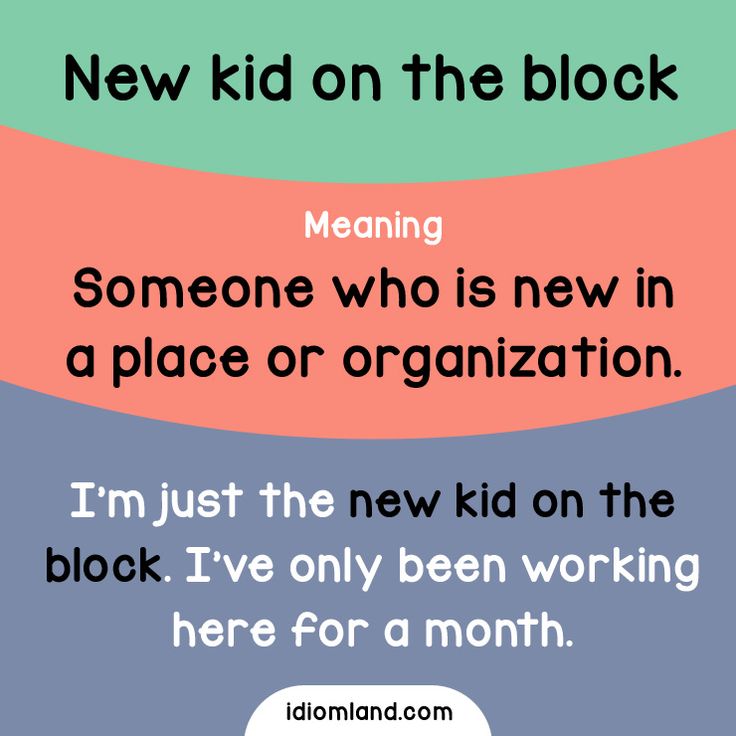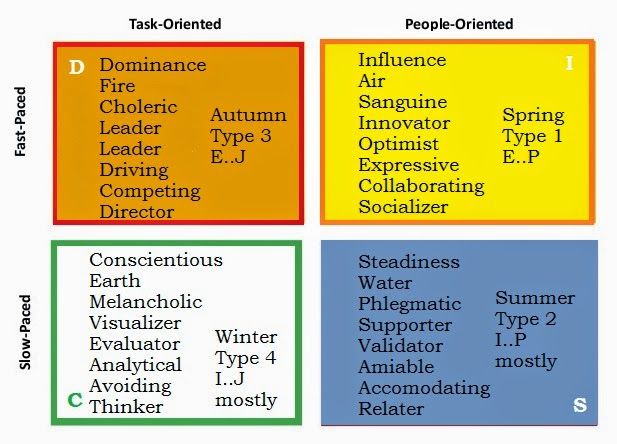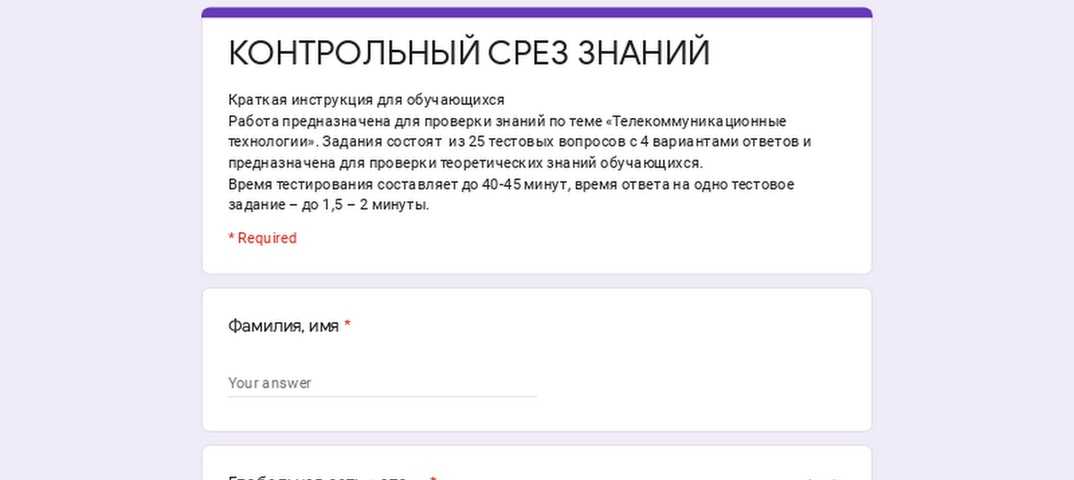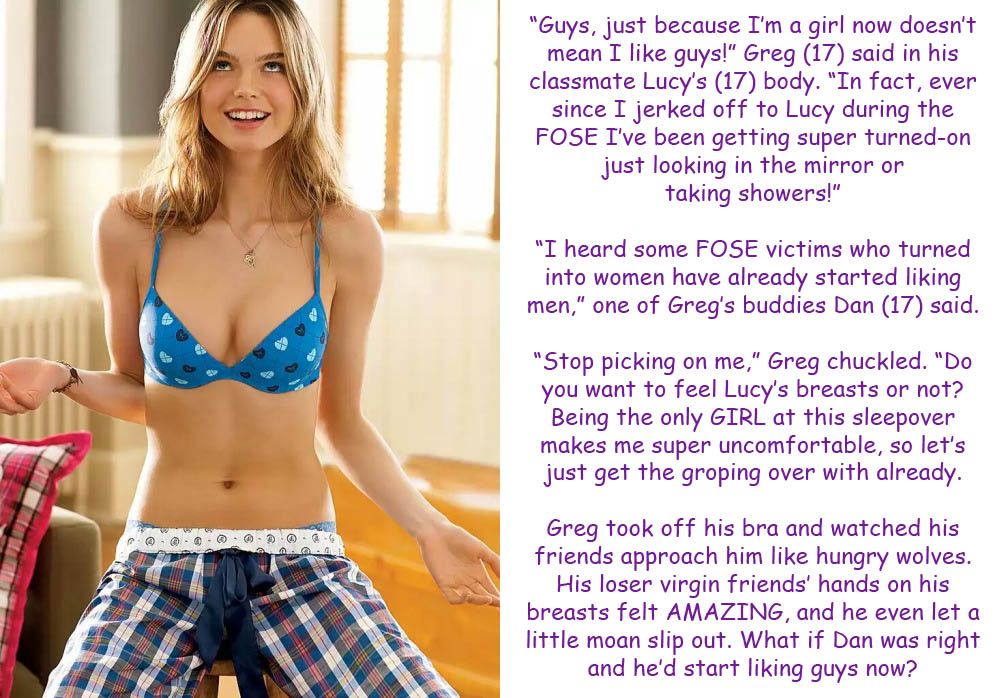Jenga for therapy
How to Play Therapeutic Jenga
You may have heard of the popular game Jenga. Jenga is the classic block-stacking game made by Hasbro, where each person in a group takes a turn removing a single block from a tower and then balancing it on top of the tower until the structure eventually becomes so unstable that it collapses.
When I was admitted to the psychiatric unit in my local hospital during my final semester of college, I was lost and afraid. I had never been more depressed in my life. I was introduced to the concept of group therapy while I was there, and it was during a group therapy session that I was introduced to the game of Therapeutic Jenga.
Therapeutic Jenga was a fun way to get to know other people in the group, and also distract me for just a little bit, from the things that were weighing on my mind. I was able to relax, and use my brain to think about things other than my stressors.
What exactly is Therapeutic Jenga?
Well, the basic concept of the game is the same, but with a little twist.
When each person takes a turn, they have to first remove a block from the stack, but each block will have a question written on it that they must answer aloud to the group. The question could be anything from a simple question like what is your favorite color? or what is your favorite holiday? to what are 3 of your strengths? all the way to what does love mean to you?
The questions can be simple or they can make you think. They are meant to be fun, and they are meant to serve a therapeutic purpose. If the questions make the player uncomfortable, they may also decide to put the block back and choose a different question. The rules are as laid back as you need them to be in Therapeutic Jenga.
Its not as much about competition in this version of the game as it is about having fun and getting a therapeutic effect from it, hence the name.
Examples of questions you may use are:
- What are you most afraid of?
- Who is someone special in your life and why?
- If you could spend 30 minutes with anyone, who would it be?
- Describe yourself using three words
- What do you do to calm yourself down in a tense situation?
- What would be the title of your autobiography?
- If you could change one thing from your past what would it be and why?
- How do you think others view you and why?
- Who is your hero and what makes them your hero?
- Give an example of a time you helped someone out
- Where do you see yourself in 10 years from now?
- Name three coping techniques you could use when you are anxious
These are just a few examples.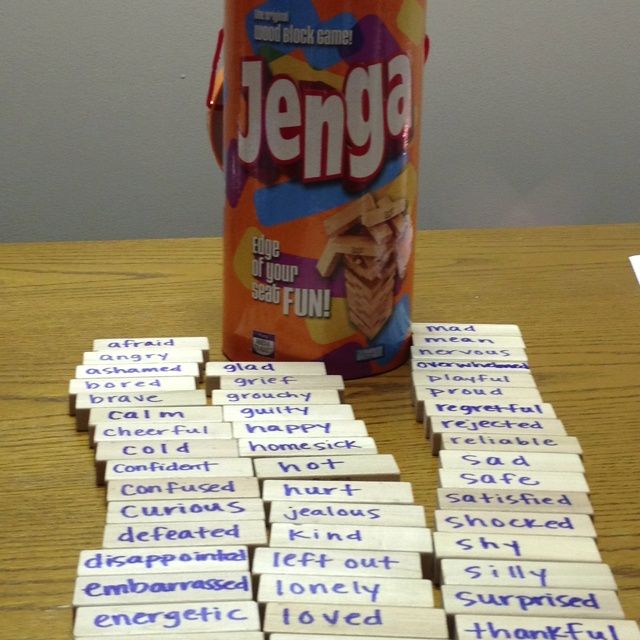 There are so many variations of questions that you can use. The questions work best when they are used in a group setting and are discussed afterward. This game is always open to your interpretation. Have fun!
There are so many variations of questions that you can use. The questions work best when they are used in a group setting and are discussed afterward. This game is always open to your interpretation. Have fun!
Photo by Claus Rebler
Ways To Play Jenga In School Counseling — Counselor Chelsey
“Do we get to play a game today?”
If I had a dime for every time I heard that, I’d be able to afford unlimited Starbucks.
Don’t get me wrong, I love playing games too. But, of course our role as counselors isn’t just to have fun with kids. It’s important to provide support and education in different areas of social emotional learning.
Thankfully, there are SO many fun games out there that are easy to incorporate into your school counseling lessons while still working on, and talking about, important SEL topics.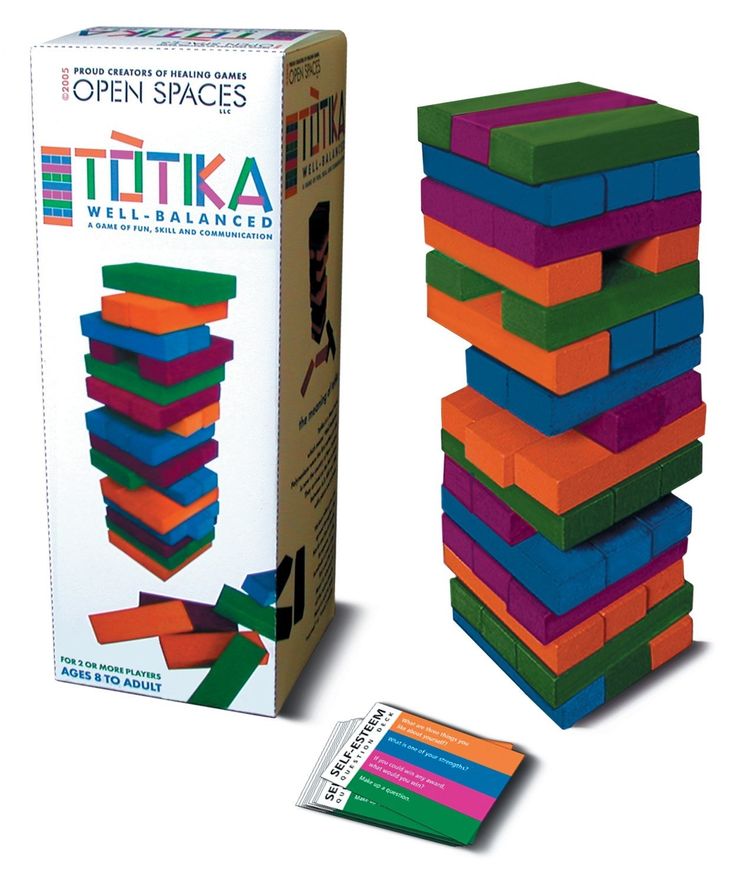
When I think about counseling games, a huge favorite of my students and I is Jenga. Students seriously beg to play it. I don’t know about you, but having students love an activity that much is definitely a win in my book!
It’s super fun, and there are TONS of ways that you can use it to encourage important skills in your students. Keep reading for fresh ways to play Jenga in school counseling that will make your next lessons engaging and impactful!
This post contains affiliate links. Please review my full disclosure policy for additional information.
What is Jenga?In case you’re not familiar with Jenga, I'll give a brief overview of how to play.
The game comes with wooden blocks and you stack them in rows, 3 at a time and then 3 on top going the opposite way. Alternate like that until you’ve built a tower and used all the pieces.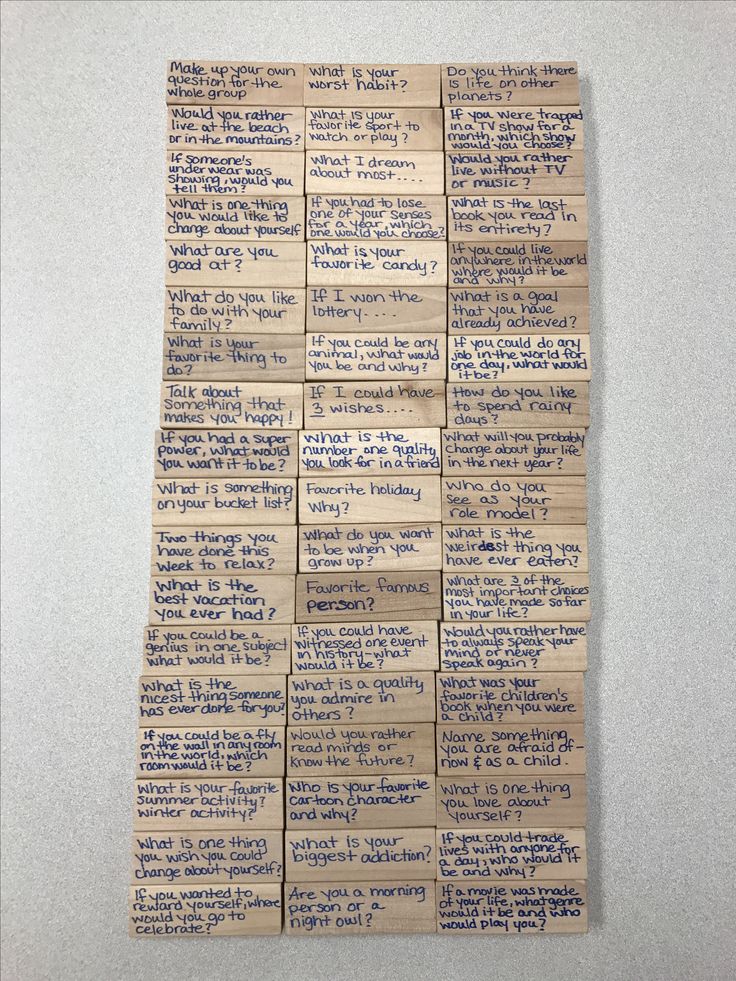 The players then take turns pulling out one block from the tower and placing it back on top.
The players then take turns pulling out one block from the tower and placing it back on top.
The goal is to not knock the tower over. If you pull out a piece that causes the tower to fall over, then you lose. By the end of the game, there’s so much suspense, especially when the tower gets really tall and wobbly.
Don’t have Jenga yet? No problem - you can find it here!
Why Should I Use Jenga In School Counseling?Hundreds, if not thousands, of games exist. So you may be asking, “What’s the big deal? What’s so special about Jenga?”
Of course my favorite thing about Jenga is that it’s fun. I don’t think I’ve ever had a student complain when I brought the box out. Having an activity that I know the kids will enjoy keeps the kids engaged in learning about whichever skill we’re talking about.
Jenga is also pretty short.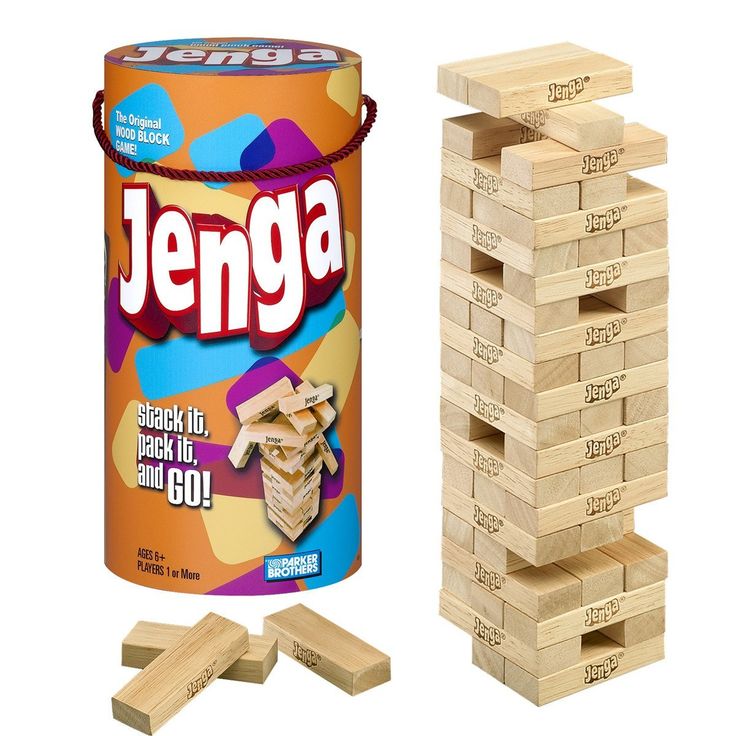 It usually only takes about 5-10 minutes for each game, depending on how many players you have. This is nice because you can use it as a launching pad for another activity or discussion, or you can play multiple rounds.
It usually only takes about 5-10 minutes for each game, depending on how many players you have. This is nice because you can use it as a launching pad for another activity or discussion, or you can play multiple rounds.
The simplicity of the game is another huge plus. It’s easy to play, which means I can play it with kindergarteners, and then turn around and get it out for my 6th graders. I don’t have to spend a ton of time figuring out how to make it work for different age levels - which is perfect, because who has time nowadays?
If you haven’t used Jenga in school counseling, you need to start today! It’s a fun and easy win for everyone!
Using Jenga To Practice Self ControlJenga is perfect for teaching self-control. Even if you don’t do anything special with the game, it still gives students plenty of practice in self control. It requires students to slow down and think. If they take the pieces out by ripping them out every which way, the tower is going to fall quickly.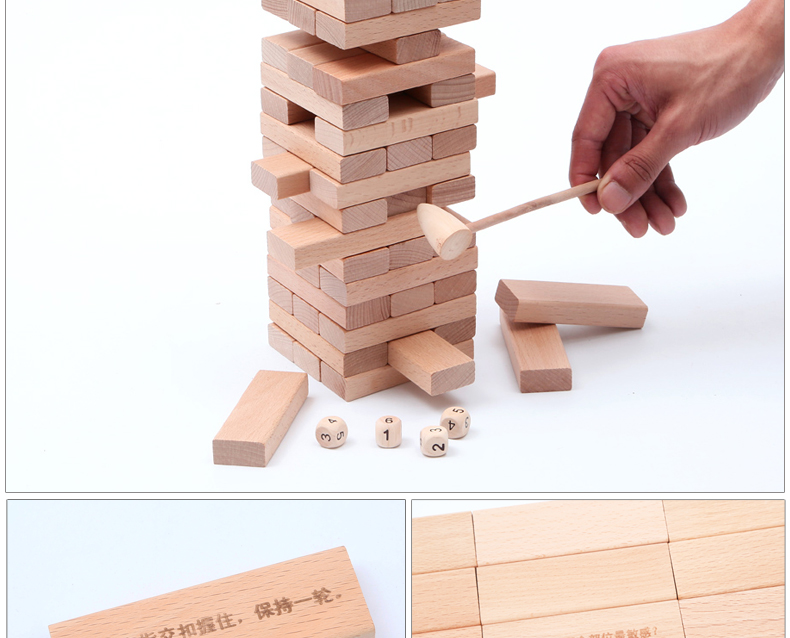
Students have to go slow and be focused on what they're doing if they want the tower to stay up. This game naturally lends itself to practicing the skill of thinking before you act. Without even doing anything else, you're already practicing that skill.
Shhh… No Talking!One way to practice self-control when playing Jenga is to not allow the students to talk or make noise. This is a helpful intervention for students who never seem to be able to be quiet. It gives them practice in being quiet even when it’s so tempting to talk.
Trust me, when you play Jenga you really want to talk! You want to say “ooh I don’t know if I want to get that one,” or when the tower falls over (or when you think it's going to fall over) you want to scream.
Trying to stay quiet when you're playing this game is difficult. Using Jenga this way in your school counseling lessons gives students the opportunity to practice the skill of using self control with their voice and with their words.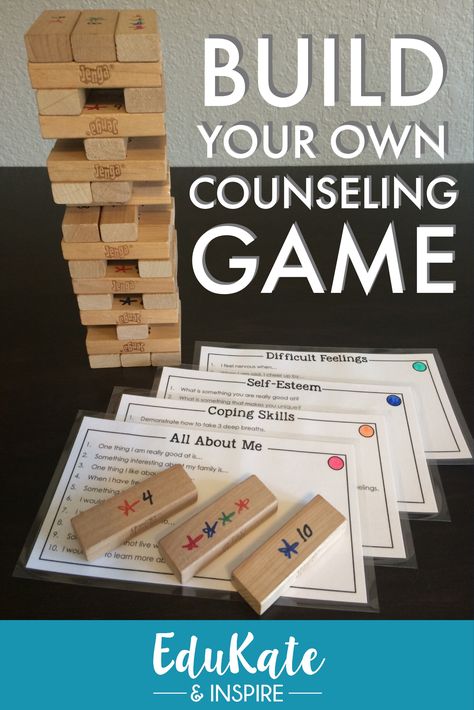
Another way I love to show students the effects of self control is by playing 2 rounds of Jenga.
The first round we play, I don't let them test any of the blocks before they pull them. Normally, when we play we'll hit the blocks and see if any are loose, but I don't let them do that on our first round - the first block they touch they have to pull out. This represents them not thinking before they act, it signifies them making decisions without testing it out and without seeing if it's going to be a good choice or not.
Once the first round is over, which normally lasts less than a minute, we play another round. During the second round, the students get to touch and test the blocks they pull. We think about it together and we talk about things like, “how can I think through my decision? How can I find the block that won't knock the tower over?”
After we play the second round, we debrief using the following questions:
Which round went better?
Why do you think the tower stayed up longer during the second round?
How did thinking about what you were doing help you?
What happens in the classroom or at home when you don’t think about what you’re doing?
When you do use self control, how are things different? Do you get different results?
Playing Jenga in school counseling is a fun way to practice and discuss self control and it gives them a tangible example of what it looks like to think before they act.
Playing Jenga is a sure-fire way to make group discussion more fun and engaging. The best part is you can adapt it to any topic that you’re talking about.
Each time a student pulls out a block, they can respond to a prompt. I like to use the same prompt for multiple turns so they can have multiple opportunities to respond.
This promotes small group discussion and encourages participation from everyone. You can also use this strategy when working with students individually for the first time. I’ve found having an activity to do while they’re talking makes students more comfortable.
Here are some example prompts:
Anger Management Prompt Ideas:
Self Esteem Prompt Ideas:
Friendship Skills Prompt Ideas:
If you find yourself playing Jenga a lot in your school counseling lessons, especially when talking about a specific topic, don’t be afraid to write directly on the blocks! Then, when students pull out a block, they will respond to the prompt or question that’s on the block they have chosen.
For Feelings:
If you’re talking about feelings or coping skills, you can write different feelings on the blocks. Then, when a student pulls out a block, they can answer a question about that feeling. The questions can change each round. For example, they might have to tell you what makes them experience that feeling, or what they can do when they have that feeling.
For Other Topics:
If you’re teaching about another topic, you can write different questions to help students further understand and practice that skill.
Writing directly on the blocks takes a little more time up front, but then everything is ready for you when you’re ready to play. This is perfect for last minute small groups or individual sessions!
No matter how you choose to play, using Jenga in school counseling is a surefire way to make sure your students are engaged while learning about, and practicing, important SEL skills!
So, the next time your students ask you if they can play a game, the answer can be a resounding “yes!”
Keep Reading:School Counseling, Games In School CounselinChelsey Wilson
0 LikesJenga for developing communication skills
home
/ Blog
/ Jenga for developing communication skills
February 20, 2019
Viktoria Efimova , Candidate of Pedagogical Sciences, speech therapist, head of the Logoprognoz Center (St.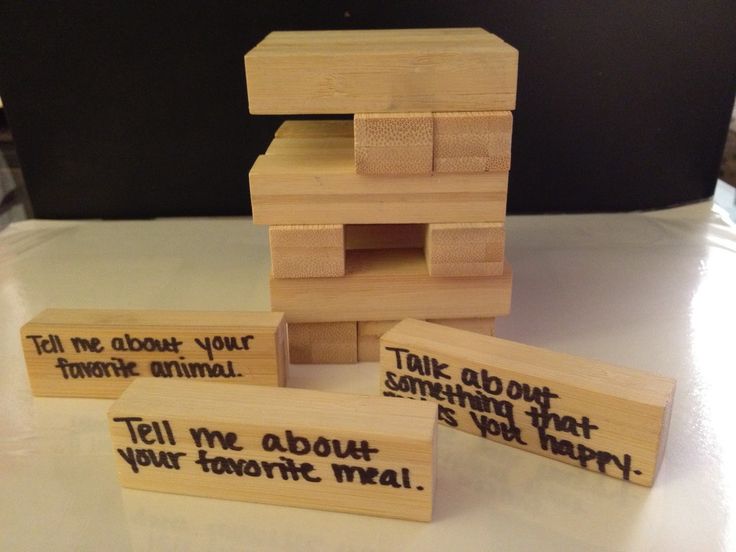 Petersburg)
Petersburg)
Jenga - do you know this game? These are wooden, long bricks from which players build a tower, and then take turns pulling out one brick at a time. At some point - bang! The tower is falling apart with a crash. The one who pulled out the brick last lost. nine0003
Nothing special? I thought so too, until I came across a video of Jenga being played with autistic children. A large hall, couples are sitting on the carpet: an adult - a child - there are many of them. Each pair has its own set of the simplest bricks made of unpainted wood. Why was Jenga chosen to develop communication and gaming skills?
Yes, because it can be simplified to infinity and complicated to infinity. That's the beauty of "primitive" toys - they have a huge number of uses, unlike expensive and complex games whose creators have thought of everything for you, such as creativity kits, in which there is no creativity, only the ability to follow instructions. nine0003
-
How to simplify Jenga? For example, a child likes to arrange objects in rows.
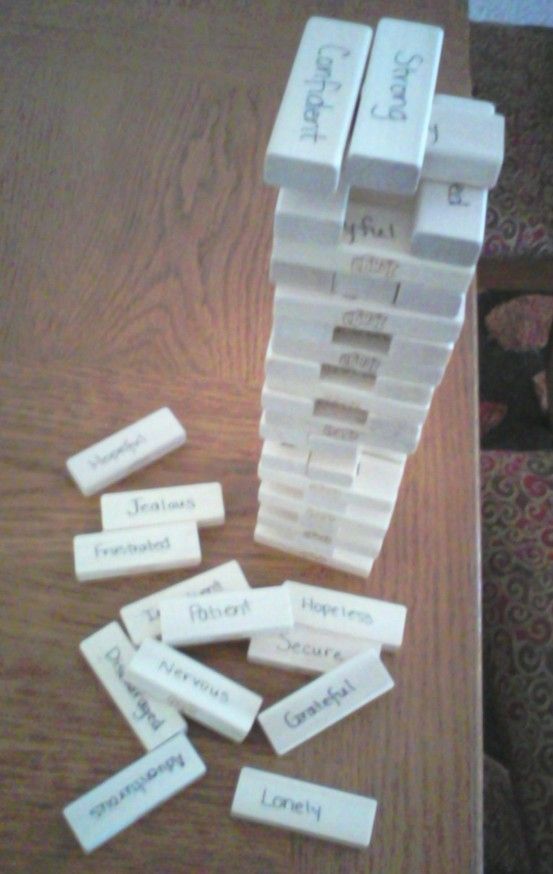 Well, bricks are suitable for this. If you manage to win the trust of the child, perhaps he will agree to take the next brick for his path from your hands. This is where the interaction begins. What's next? You can lay bricks one by one. And next time, perhaps you will be able to offer him your own version of the game - to put bricks on top of each other. Most likely, the child will break your tower, but you can also make a dialogue option without words from this: you put a cube on a cube, it breaks, then everything repeats again. And this is all Jenga - you invite the child to perform new activities, but with the same toy that he already likes. Half the job is done. So gradually you can get to the game of Jenga for real. nine0003
Well, bricks are suitable for this. If you manage to win the trust of the child, perhaps he will agree to take the next brick for his path from your hands. This is where the interaction begins. What's next? You can lay bricks one by one. And next time, perhaps you will be able to offer him your own version of the game - to put bricks on top of each other. Most likely, the child will break your tower, but you can also make a dialogue option without words from this: you put a cube on a cube, it breaks, then everything repeats again. And this is all Jenga - you invite the child to perform new activities, but with the same toy that he already likes. Half the job is done. So gradually you can get to the game of Jenga for real. nine0003 Recently, we have such a game for kids in our store. Instead of bricks, there are funny multi-colored bugs with eyes and smiles. The game is not made of wood, but of very high quality plastic - the parts do not slip off, it is easier to play. I think that they can even be taken by mouth.
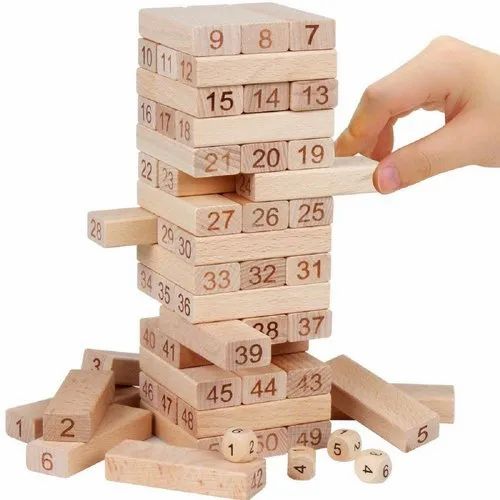
And how can you complicate the classic Jenga? There are a lot of options, because you can write something on the bricks with a marker or stick papers with inscriptions printed on the printer. nine0003
-
Here is a variant of a communicative game for a company in which the children have not yet met each other. It is necessary not only to pull the brick out of the tower, but also to answer the question that is written on it:
What kind of music do you like?
What is your favorite movie?
What ice cream do you like?
What is your favourite colour? - nine0002 Another children's version. On the bricks are questions that help children begin to fantasize and tell. This is a good help, because coherent speech is not the strongest side of modern children.
What t can be inscriptions:
- If I had a magic wand, I would …
- During the holidays I would like to...
- I am a good friend because.
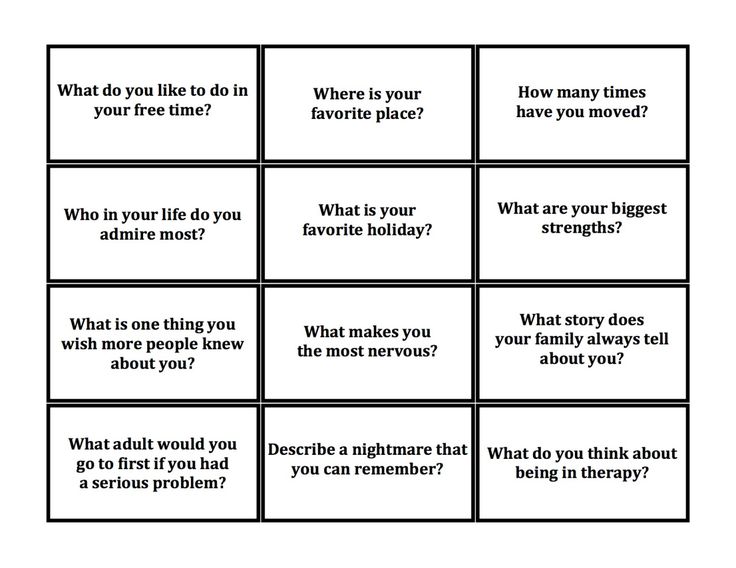 ..
.. - If I could choose a pet, I would choose...
-
Jenga for learning to read - why not? On the bricks you can write not only letters, but also words. It is necessary to think over the list of words so that phrases are obtained from them.
-
Therapeutic Jenga is for psychological groups, including work with adults. It is not easy to get a person to talk in a consultation, but it is even more difficult to do it in a group therapy session. The game will help. On the bricks you can write the questions that you plan to discuss, and some of the questions are pleasant - they are written in red pencil, and some of the unpleasant ones are written in black. I'm not a psychologist, so don't ask me what's the point - I don't know. But here is a photo of such a game. Kits for psychologists are on sale, with questions already prepared for thematic trainings: increasing self-esteem, anger, feelings, social skills, etc. nine0003
There is also a version of Jenga made of huge bricks - these are used for team building and corporate events.

And now I wanted to come up with some special Jenga for training seminars in our center. I'll think of it for sure.
Jenga spiel Images, Stock Photos & Pictures Jenga spiel
Take advantage of unlimited high resolution Jenga spiel photos for commercial purposes. nine0003
Close-up partial view of girl playing jenga on white table
Smiling family playing jenga at home together
Young friends playing jenga focusing on foreground
Portrait of excited man looking at jenga game in progress
Young people drink beer and play Jenga. young people having fun concept
Young people drinking beer and playing Jenga. youth having fun concept
Portrait of an excited young man playing jenga
Smiling siblings playing Jenga together at home
Concentrated little girl with grandparents playing Jenga games together at home
Young people drinking beer and playing Jenga. young people having fun concept
Smiling family playing Jenga at home together
Portrait of happy family playing Jenga at home
Young people drinking beer and playing Jenga.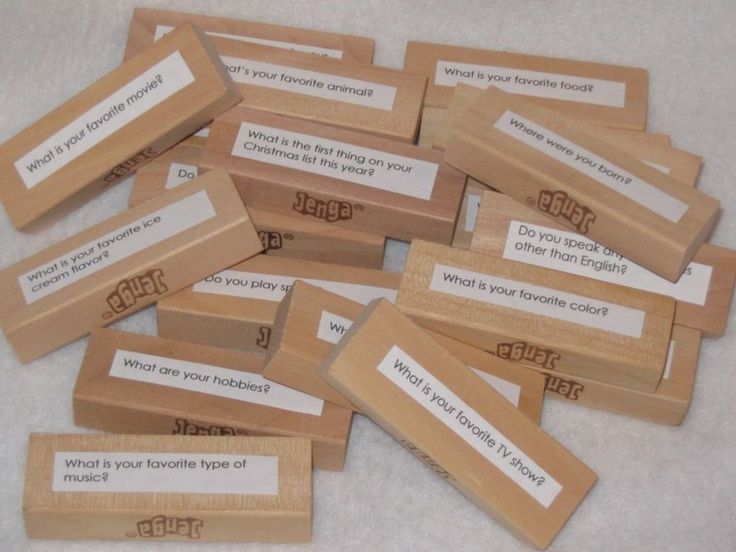 youth having fun with the concept
youth having fun with the concept
Concentrated pre-teen tower of wooden bricks on the table
Mother and concentrated young daughter playing Jenga at home
Three men clinking beer glasses. Youth partnership concept
Cute little girl with grandparents playing Jenga at home
Elderly couple playing with wooden blocks at home
Side view of focused friends playing jenga together at home
Diverse group of young people playing jenga and drinking beer
Young people drink beer and play Jenga. youth having fun concept
Three men are clinking glasses of beer. Youth partnership concept
Cropped view of elderly couple playing jenga at home
Top view of jenga blocks, glasses of beer and chips on wooden table
Young people drinking beer and playing jenga. young people having fun concept
Cheerful son and father playing Jenga at home
Retired couple playing jenga at home
Young people drinking beer and playing Jenga.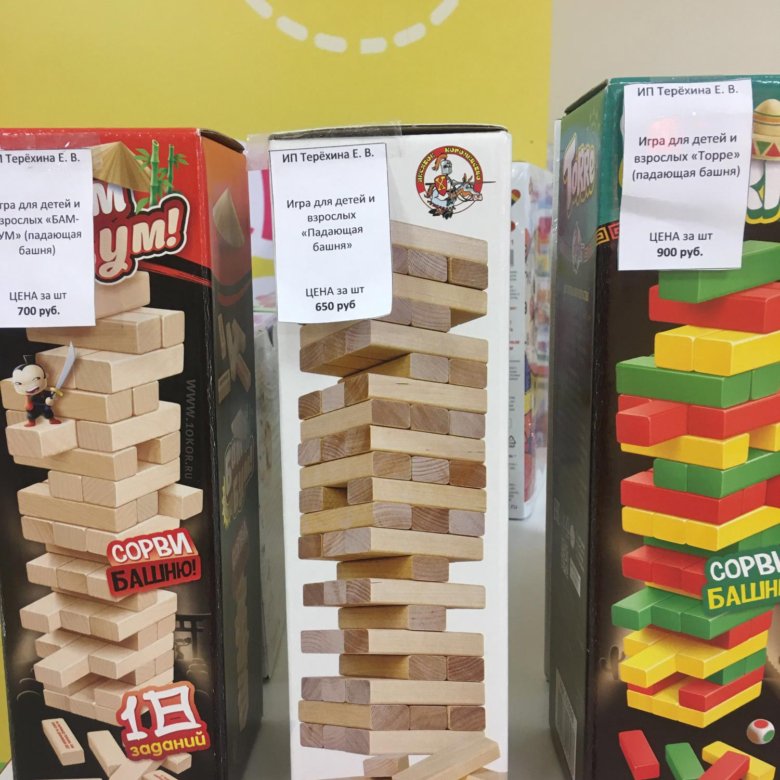 youth having fun concept
youth having fun concept
Smiling mother and daughter playing Jenga games together at home
Young people drinking beer and playing Jenga. youth having fun concept
side view of father and son playing jenga at home
portrait of focused daughter playing jenga with father at home
emotional senior couple with granddaughter playing jenga at home
concentrated little girl with grandparents playing in Jenga games together at home
Young people drink beer and play Jenga. youth having fun concept
Retired couple playing Jenga on table at home
Smiling mother and daughter playing Jenga games together at home
Young man drinking beer and playing Jenga. youth having fun concept
Diverse group of young people playing jenga and drinking beer
happy family playing jenga together and smiling at camera
happy grandparents and granddaughter playing jenga games together at home
three men clinking glasses with beer.


